WSU students react to the general election
Winona State’s students chalked on campus with messages showing support towards candidates in the 2020 election. According to the New York Times, the county of Winona leaned in favor of now president-elect Joe Biden rather than incumbent president Trump.
November 11, 2020
As millions of people tune into their favorite news medium to hear the results of this contentious election cycle, students across Winona State wait to hear what the results are and what it will mean for them.
This election is not only about the hotly contested presidential race, but also about local and state elections as well.
According to the Winona Daily News, “the Winona City Council will hold a recessed meeting on Friday, Nov. 13, to certify the results of the city’s General Election.” Until that meeting, all local results are considered preliminary. As of now, Scott Sherman received 56.14% of the votes for the mayoral race, and if they hold true, Sherman will become the new mayor of Winona.
Jovy Rockey, a local business owner and Winona mayoral candidate, had fewer votes than Scott Sherman, local business owner and co-executive director of Trinona. Kendra Swenson, a fourth-year social work major, said she was disappointed with the result.
“[I was] surprised. I really thought Jovy had it on lockdown almost especially based on the primary numbers,” Swenson said.
Leigh Mark, a second-year graduate student studying English literature and language agreed with Swenson and was surprised that Rockey lost to Sherman.
“He seems like a disappointing candidate compared to Rockey,” Mark said.
Nicole Tompos, a fourth-year communication arts and literature teaching major, said that, while she is not surprised that Sherman won, she was disappointed.
“I’m sad that Rockey didn’t win because I feel she has a lot to offer the community based off of what she has already accomplished without being a city official. However, I’m not sure how much longer I’ll be in Winona so who won doesn’t impact me like it does permanent residents of Winona,” Tompos said.
Danielle Kisling, a third-year therapeutic recreation major, is the president of Winona State College Republicans. She said that she was hoping that Scott Sherman would win the mayoral race.
“I believe that Scott Sherman is a better option for Winona because he has a strong background in management which can help bring the community together and provide equal and fair opportunities to all members of Winona,” Kisling said.
The Winonan reached out to Winona State College Democrats for comment and the club did not respond.
Other positions are also preliminary until the city council meeting, considered preliminary in addition to the mayoral seat. However, these positions are expected to remain the same as was projected on election night. Steve Young is projected to replace Al Thurley for the first ward and Aaron Repinski is projected to replace Paul Schollmeier for the city at-large seat.
Minnesota state Senator Jeremy Miller was reelected to his seat after running against Sarah Kruger. Kisling said that one reason she voted for him was because of his experience in the Senate and in the community.
“Jeremy Miller is the current president of the Senate. He has stood behind bills to help veterans receive treatment for mental health, substance abuse, and PTSD,” Kisling said. “He also supports a bill that includes funding for infrastructure improvements and asset preservation at colleges and universities within the Minnesota State system.”
Swenson said she was disappointed that Miller won, despite Sarah Kruger having substantial support in Winona.
“[Kruger] essentially won Winona, which was great to see, especially seeing the support she had in Winona states main precinct (W3P1). I was disappointed to see a lack of support in Filmore and Houston counties, especially things coming to light like where Miller stands on funding for education and how he voted in regards to gay marriage and ‘conversion therapy’,” Swenson said.
Aside from the presidential election, one of the most contentious elections for Winona citizens in 2020 was the one between Jim Hagedorn and Dan Feehan. According to Tompos, Feehan had the interests of both educators and veterans in mind while Hagadorn did not.
“I don’t understand how Feehan didn’t win, he seems like such a natural choice. As a veteran going into teaching, I was really rooting for him,” Tompos said.
Swenson agreed in her dismissal of Hagadorn, stating that he is unethical and the wrong choice for Minnesota.
“[Hagadorn] continually shows how corrupt of a politician he is, and continually works against so many of his constituents. [Feehan] was the clear better choice,” Swenson said.
Kisling, on the other hand, was glad that Hagedorn won against Feehan,
“I think that Jim Hagedorn is a strong leader and understands the constitution and will stand behind it at all costs,” Kisling said. “He believes that the right to life is a top priority and the lives of the unborn, disabled individuals, the elderly, and those with special needs must be protected. I know that without the right to life, no other rights exist.”
In addition to incumbent Hagedorn winning reelection, incumbent Senator Tina Smith also won reelection in Minnesota. While Swenson said she supports Tina Smith being reelected, Kisling said she hoped that Jason Lewis, the Republican candidate for Senator, would win instead.
“Jason Lewis is someone who fights for the rights of our citizens and cares about our freedom,” Kisling said. “He has helped pass historic tax cuts and regulatory reform to improve the nation’s economy and spur jobs and wages. He has worked closely with President Trump in signing into law the Juvenile Justice Reform Act of 2018.”
According to the New York Times, the county of Winona leaned in favor of now president-elect Joe Biden rather than incumbent president Trump.
However, the presidential election was not called by Associated Press until Nov. 7. Before the election was called, Tompos said she was exceedingly nervous while she waited for the results.
“I was filled with imminent fear at the idea of Minnesota going red,” Tompos said. “I really can’t wrap my head around how people voted for [Trump]. What about the past four years has earned him any confidence? There is still a lot of fear and anxiety for me as these ballots trickle in. I’m scared for myself and a lot of people I care about losing rights if Trump gets reelected.”
Mark agreed with Tompos and referred back to the number of voters who had voted for Trump.
“It’s extremely disappointing how close this election is. It’s insane to me how many people are voting for Trump,” Mark said.
On the other hand, Danielle Kisling said she believes that Trump was and still is the best option for the United States.
“He cares about citizens freedom and will do anything in his power to ensure our rights are not being infringed upon. He truly loves this country and I stand behind his policies,” Kisling said.
When the election was announced, many people were disappointed in the behavior of President Trump, saying the peaceful transfer of power is a cornerstone of American democracy. Brynne Schultz, a third-year communication arts and literature teaching major, said they are frustrated with how the president is handling losing the election.
“Trump is setting a poor example as a leader. He is complaining the same way a child would when losing at Candy Land,” Schultz said.
Tristin Ott, president of the Winona Democratic Socialists, said that he was disappointed to feel as though the democratic socialist perspective was not represented on the ballot in the 2020 election.
“Biden and the Democratic leadership and Trump and the Republican leadership are very much opposed to creating a national public health service that provides healthcare free of charge to all. We support that,” Ott said. “The two main parties and their candidates are even more opposed to taking our energy infrastructure into public-democratic ownership and transitioning away from fossil fuels and towards renewables. We are in favor of this, and also in favor of pairing the public ownership and democratic planning of energy production/distribution with a robust federal jobs program that would put over 20 million Americans to work.”
The Winona Democratic Socialists campaigned Bernie Sanders during the 2020 election primaries. However, they did not endorse Joe Biden when he became the Democratic nominee.
“We decided not to endorse Joe Biden in the presidential election. This doesn’t mean that many of us didn’t vote for Biden, I did, but it means that we did not think that his campaign represented a democratic socialist vision for America,” Ott said. “The same goes for Dan Feehan in his race against Jim Hagedorn. If Feehan had endorsed Medicare for All and the Green New Deal, then we would have organized for him.”
Ott said that while he is personally glad that Joe Biden won against Donald Trump, major problems in the United States require solutions that neither Democrats nor Republicans were willing to pursue. Ott said that, above the two-party system, he would prefer a more prominent Labor party in mainstream politics.
“The U.S. desperately needs a Labor Party that would represent the poor and working-class majority that makes up this country. Until then, issues of systemic racism that block poor and working-class black communities’ access to housing, good jobs and healthcare cannot be adequately addressed, because the Democrats and Republicans are funded and in large part controlled by the same big businesses that profit from these systems in the first place,” Ott said. “Also, we believe that a Labor Party would be the strongest force against white supremacy, as it would draw working class whites away from the narrow interest/perspective of whiteness and anti-black racism, and towards a class-based politics that would bring them into an alliance with people of color.”
Regardless of the results of the election, many people say they are nervous about the civil unrest and potential violence that could result afterwards. Morgan Condon, a fourth-year Allied health major, simply said she was “scared” about the presidential election results and what will happen next.
Savannah Egger, a second-year elementary education major, said that she is mostly concerned about the growing political divide in the United States.
“I feel that [there] is extremely high tension,” Egger said. “I worry for whatever the result is because of the divide in our country and possible violence.”
Egger and Condon are not alone. According to publication Inside Higher Ed, universities and colleges like George Washington University were urging students to prepare for unrest. The university also recommended students stockpile food and supplies in case of a post-election lockdown.
In anticipation of the election, Winona State sent out numerous emails to students regarding their resources in a post-2020-election world. Jonathan Locust, associate vice president of the Office of Equity and Inclusive Excellence, acknowledged the fears.
“Your close friends, roommates and neighbors may be experiencing similar anxieties and fears,” Locust stated. “As you are safely able, please reach out to these people to see how they are doing and ask for help if you need it. We’re still in a pandemic though, so take care to ensure your safety.
Interact in pods and small groups for limited periods of time and always wear a mask.
Locust also offered students access to a series of counselor-led election stress coping
Zoom meetings, as well as drop-in Zoom hours for the Office of Equity and Inclusive Excellence.























































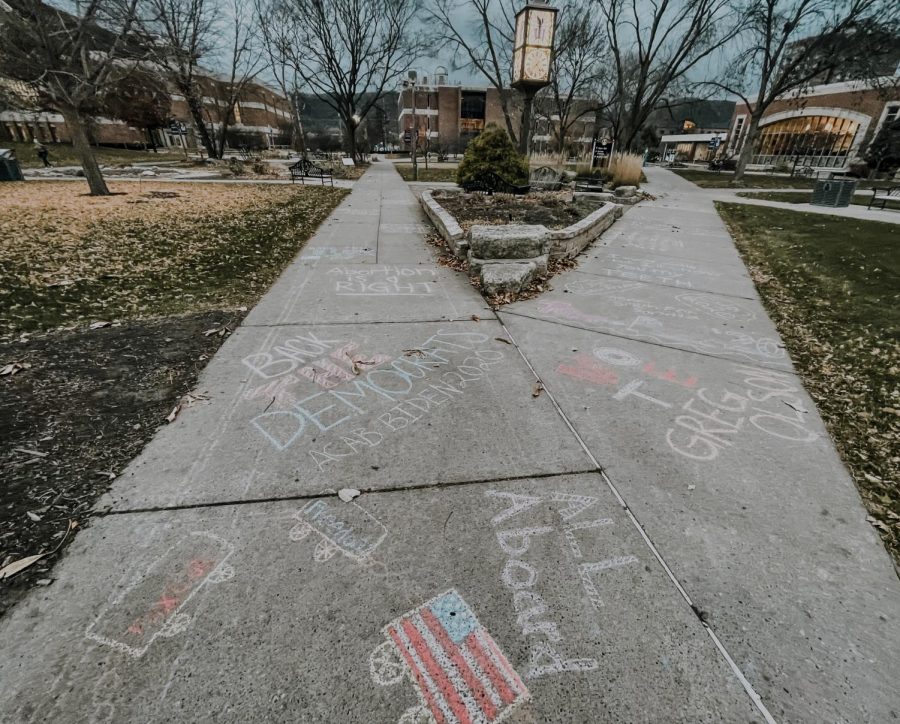
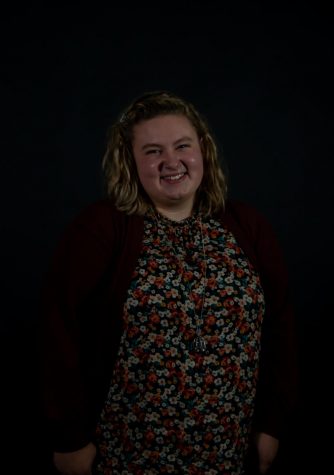





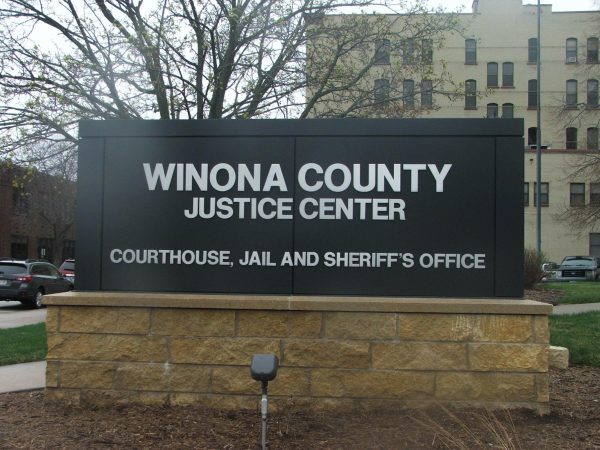
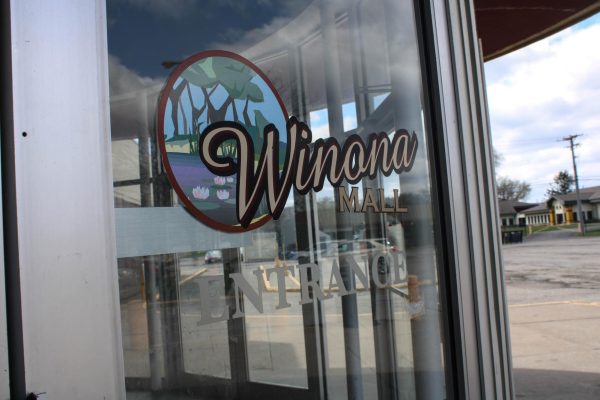

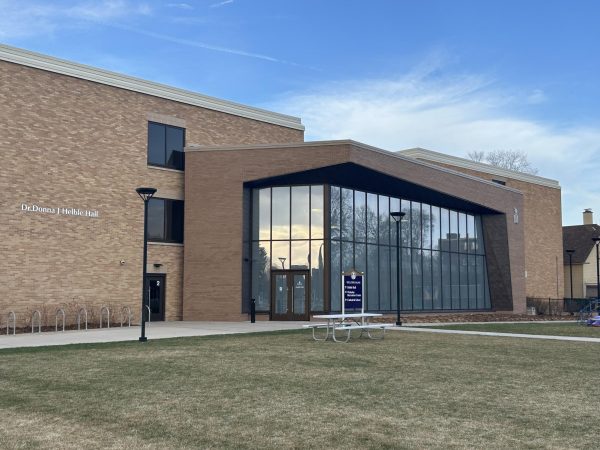

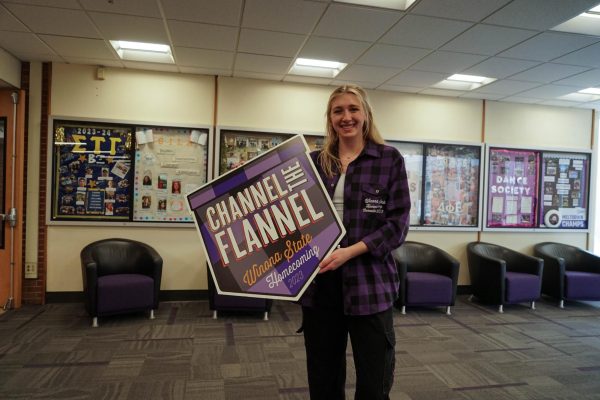
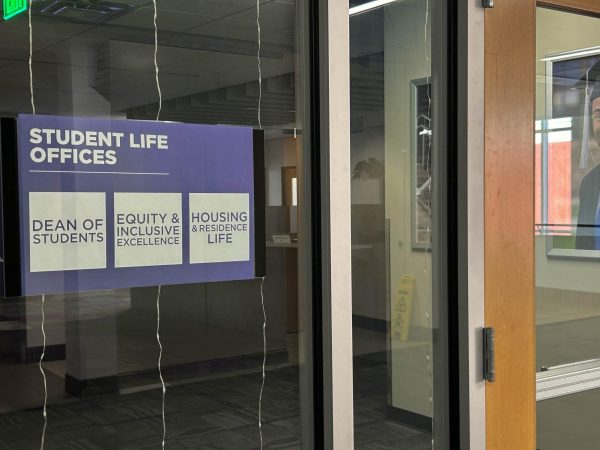

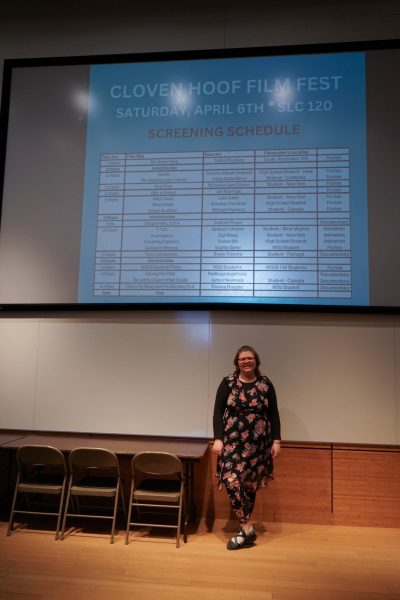

Greg Olson • Nov 12, 2020 at 11:16 am
Any conversation regarding the County Commissioner race?